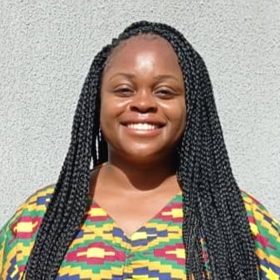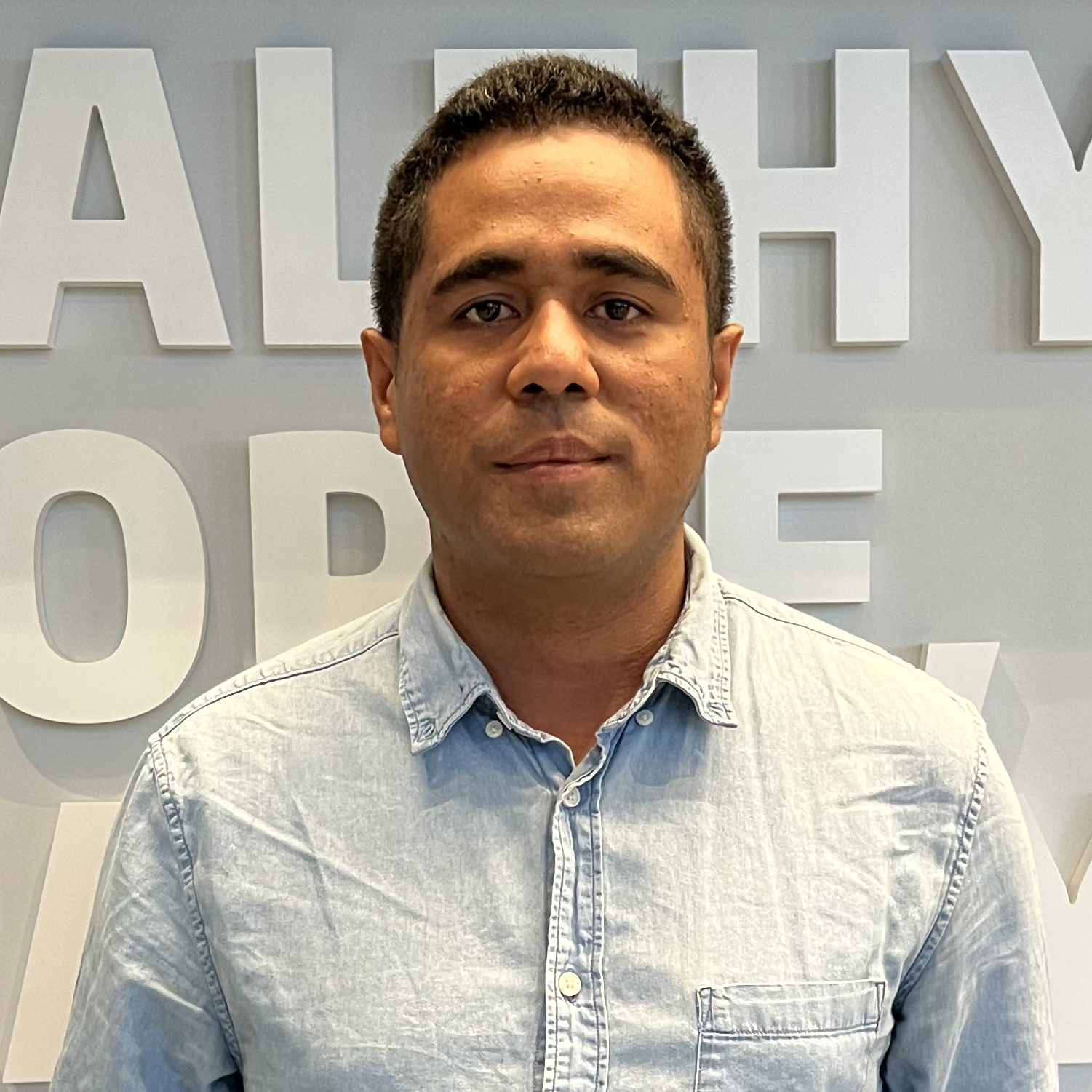May 3, 2024
Class of 2024 Global WACh Graduate Certificate Program student capstone round-up
We are thrilled to celebrate the graduations of eight students enrolled in the Global WACh Graduate Certificate Program. They are graduating with master degrees from various academic departments, along with the 15-credit certificate that offers additional coursework and a 90-hour capstone opportunity in woman, adolescent, and child health training and education.
Students will present their capstones at Global WACh’s Student Poster Symposium on Tuesday, May 28th from 3-4 PM in the Hans Rosling Center for Population Health Room 101. The event draws in members of our community to celebrate students’ achievements, service, and training during their academic journeys at UW. Attend the event to learn about their work. Meet our incredible students and read brief summaries of their projects below.
 Ambar Ahmed
Ambar Ahmed
Master of Public Health, Global Health
Ambar is working with Dr. Anjuli Wagner (Faculty in Global Health), supporting the PROACT study (PIs: Dalton Wamalwa, Muthoni Mathai, Pamela Collins), aimed at addressing adolescent mental health in Kenya through a transdiagnostic lay health worker intervention. Ambar is developing a study logo, study “one-pager”, posters for dissemination to different stakeholders, and initiating strategic planning for dissemination materials using the Global WACh Dissemination Toolkit. The materials aim to be scientifically rigorous yet lay-friendly to broader audiences.
 Jacinta Ifunanya Azie
Jacinta Ifunanya Azie
Master of Public Health, Global Health
Jacinta (goes by Ify) is supporting Dr. Yanfang Su (Faculty in Global Health and Public Policy & Governance) to conduct a literature review and pricing analysis to understand the costs and pricing strategies for different ultrasound machines used for maternal and child health services produced by multiple producers. The review will map out the trajectory of ultrasound usage in LMICs, with a particular emphasis on Malawi. It will explore various barriers to usage, the types of machines in use, their acceptability, and how they are used.
 Nuno de Jesus Ximenes
Nuno de Jesus Ximenes
Master of Public Health, Global Health
Nuno is supporting Dr. Indi Trehan (Faculty in Global Health, Pediatrics-Emergency Medicine, and Epidemiology) conduct a systematic literature review and meta-analysis of clinical outcomes for children with two different types of severe acute malnutrition (kwashiorkor and marasmus). The review aims to resolve inconsistencies and controversies in the literature regarding severe acute malnutrition management in LMICs. By pooling data from multiple studies, researchers can identify patterns and trends that may not be apparent in individual studies, leading to a more comprehensive understanding of severe acute malnutrition.
 Lidiya Gebre
Lidiya Gebre
Master of Social Work (MSW)
Lidiya is performing a program evaluation on the King County Youth Healing Project (YHP), a local government initiative aimed at addressing youth-identified mental health concerns and fostering innovative youth-led solutions to those concerns and improve mental health outcomes. YHP worked with community-based organizations to offer multiple rounds of six-month grant funding to several projects. Lidiya’s evaluation aims to understand the funding’s impact and how it has continued to be sustainable and expand from its pilot state. Dr. Stacey De Fries (Faculty in Social Work) is serving as her faculty supervisor.

Diana Lalika
Master of Public Health, Global Health
Diana is supporting Gates Ventures’ Exemplars in Global Health program (a coalition of subject matter experts supporting public health decision makers achieve success) conduct a literature review on midwifery and midwife-led care models to inform future studies on this topic in LMICs. The study outputs could be used to inform program strategy, investments, advocacy, and/or engagement with global and regional norm-setting bodies. Dr. Alison Drake (Faculty in Global Health and Epidemiology) is serving as her faculty supervisor.
 Lucy Liu
Lucy Liu
Master of Applied Bioengineering (MAB)
Lucy is supporting Dr. Alison Drake (Faculty in Global Health and Epidemiology) conduct a scoping review on mobile health tools and interventions for reproductive health and family planning methods used in LMICs. The work will lead to the creation and completion of a literature database and start of a scoping review paper that can be used to inform future studies on this topic.
 Tiara Ranson
Tiara Ranson
Master of Public Health, Global Health
Tiara worked with the Tubman Center for Health and Freedom, a community health clinic specializing in the needs of marginalized communities in the Seattle region, to develop a curriculum and co-lead a health justice, participatory action (i.e. photovoice, organizing) research class for 6th-12th graders at the Rainier Valley Leadership Academy. The curriculum includes materials to collect information on students’ state of well-being and what they learned during a lesson. Dr. Ahoua Kone (Faculty in Global Health) is serving as her faculty supervisor.
 Molly Unsworth
Molly Unsworth
Master of Public Health, Epidemiology
Molly is supporting the HerChoice study (PI: Alison Drake), aimed at developing a new psychometric survey to measure fertility intentions and improve the delivery of family planning services in LMICs, with a qualitative analysis of in-depth interviews with women and girls seeking reproductive health services in Kenya. The analysis aims to identify themes that will inform a quantitative survey to assess fertility intentions of adolescent girls and women and later piloted to a larger group across the two study sites.
Sandra Urusaro
Master of Public Health, Global Health
Sandra has been supporting the FP-Plus study (PI: Kenneth Mugwanya), aimed at catalyzing integration of HIV prevention and PrEP for adolescent girls and young women in family planning clinics in Kenya, ensure a successful data collection process during in-depth interviews designed to gather factors that influence PrEP usage (restart, discontinue, delay and decline). Her capstone focuses on conducting the data analysis specifically on users’ reasons and experiences leading to discontinuing and restarting PrEP.